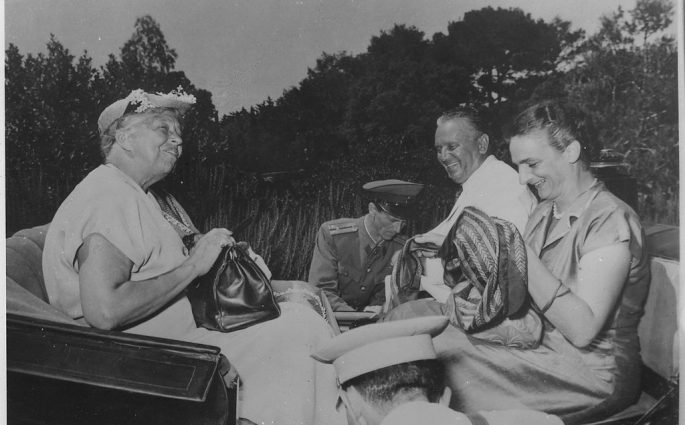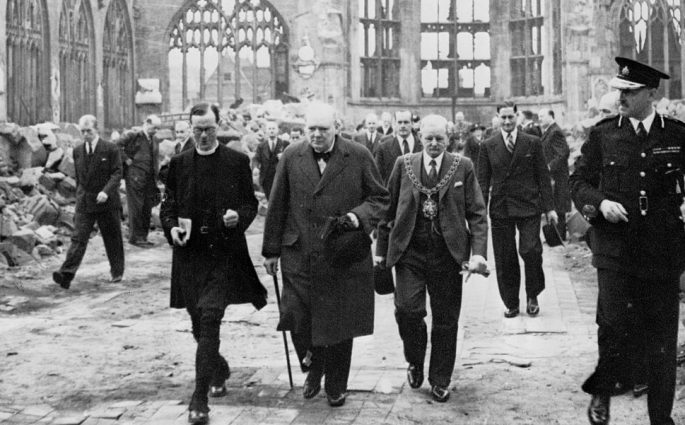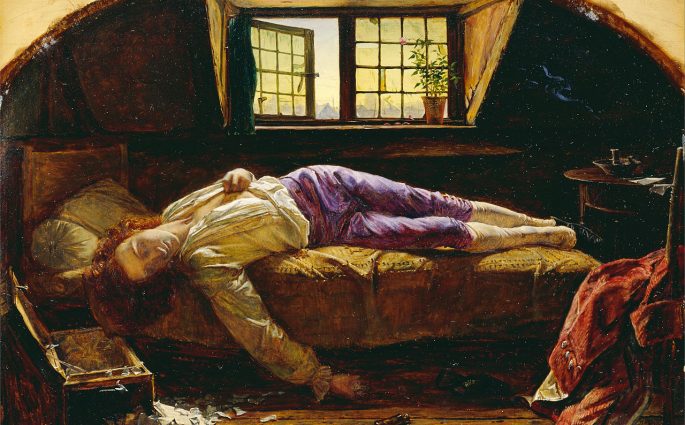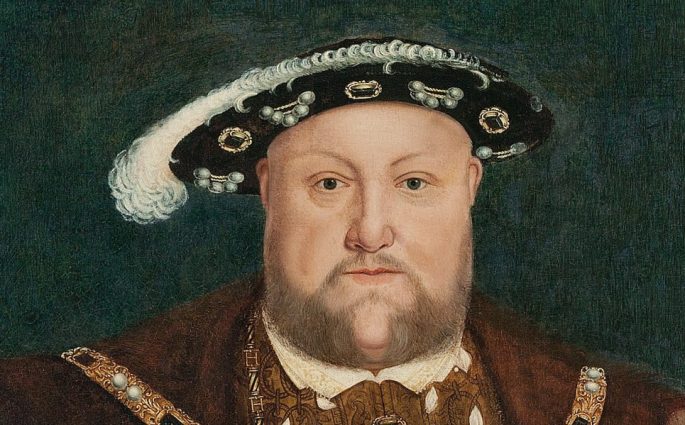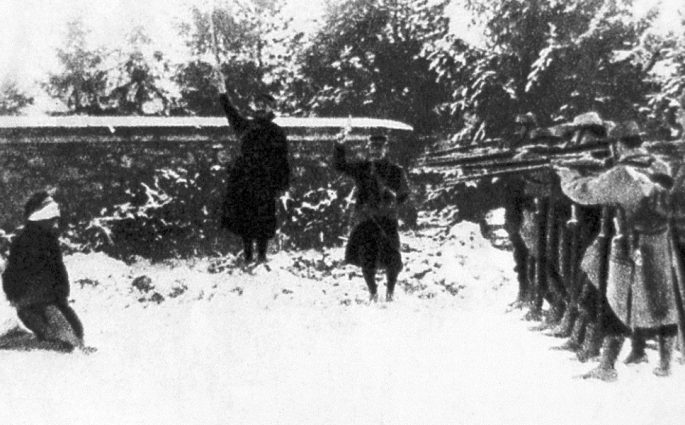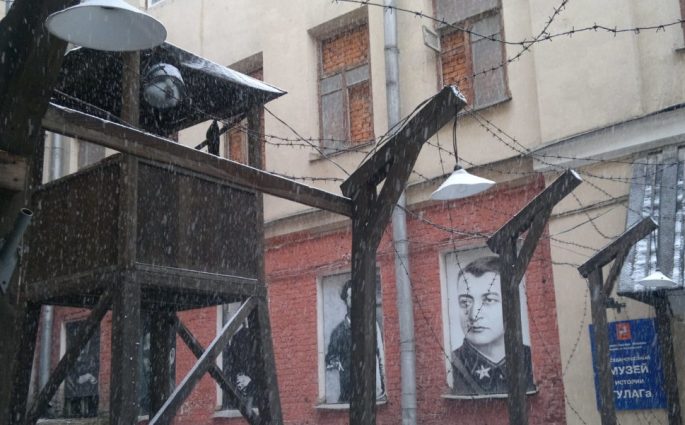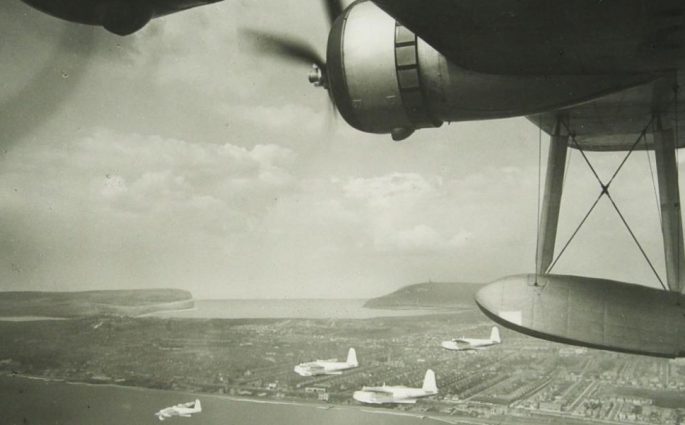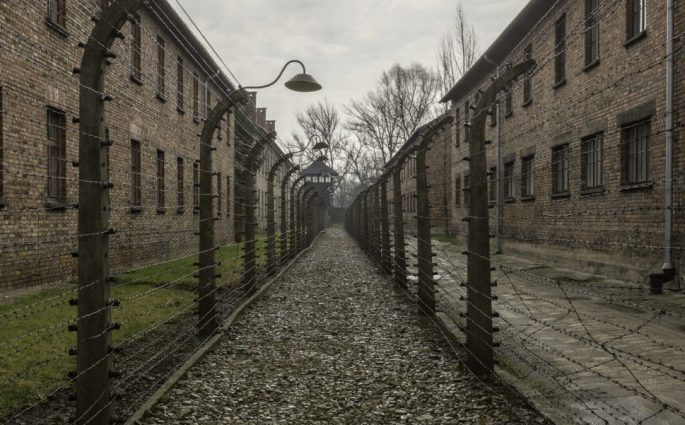The Idea of Yugoslavia: Translating Miljenko Jergović’s “The Walnut Mansion”
The Walnut Mansion by Miljenko Jergović—translated by Stephen M. Dickey with Janja Pavetic-Dickey—is a grand novel that encompasses nearly all of Yugoslavia’s tumultuous twentieth century, from the decline of the Austro-Hungarian and Ottoman Empires through two world wars, the rise and fall of communism, the breakup of the nation, and

